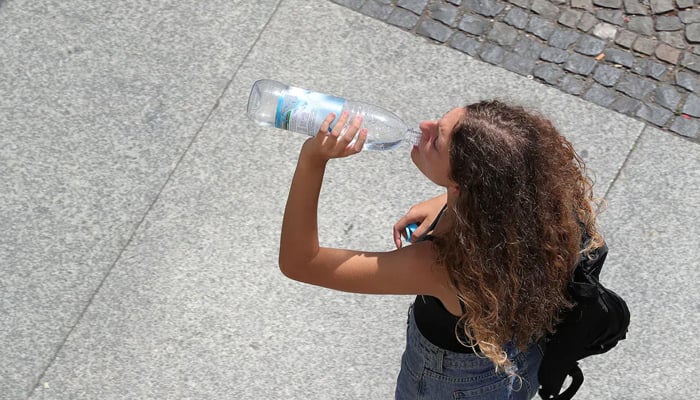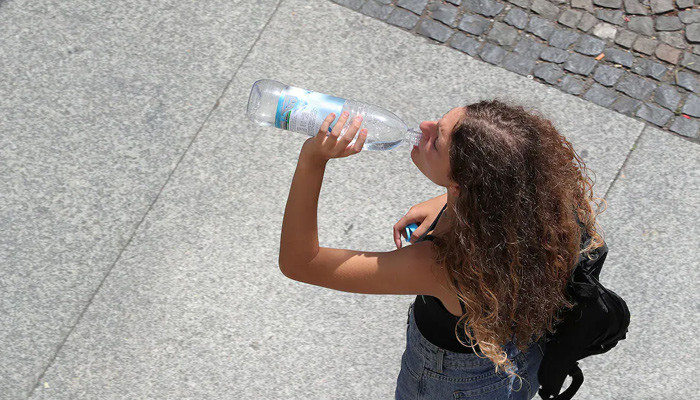
Products made of plastic are considered unfriendly to the environment and bad for human health worldwide.
According to foreign media, a new study shows that an average one-liter water bottle contains an average of 240,000 pieces of plastic.
A plastic bottle was investigated for very small and fine pieces of plastic, according to the researchers, many of these pieces were undetectable.
According to the researchers, these plastic particles are less than one micrometer in length, or one-seventeenth the width of a human hair.
According to reports, these extremely small plastic particles pose a major threat to human health as they can penetrate human cells, enter the bloodstream and affect organs.
According to reports, these extremely small particles can also enter the body of babies in the mother’s womb.
According to reports, scientists have long suspected the presence of these particles in plastic bottled water but lack the technology to detect them.
According to reports, the researchers programmed a data-driven algorithm using a new microscopy technique and bought water bottles from 3 popular brands in the US.
According to the researchers, they found between 110,000 and 370,000 small plastic particles in every liter, of which 90 percent were extremely small.
The co-authors of this latest study say their research won’t stop at bottled water. They also plan to investigate nanoplastics in tap water and ice samples collected from West Antarctica.
setTimeout(function(){
!function(f,b,e,v,n,t,s)
{if(f.fbq)return;n=f.fbq=function(){n.callMethod?
n.callMethod.apply(n,arguments):n.queue.push(arguments)};
if(!f._fbq)f._fbq=n;n.push=n;n.loaded=!0;n.version=’2.0′;
n.queue=[];t=b.createElement(e);t.async=!0;
t.src=v;s=b.getElementsByTagName(e)[0];
s.parentNode.insertBefore(t,s)}(window,document,’script’,
‘https://connect.facebook.net/en_US/fbevents.js’);
fbq(‘init’, ‘836181349842357’);
fbq(‘track’, ‘PageView’);
}, 6000);
/*setTimeout(function(){
(function (d, s, id) {
var js, fjs = d.getElementsByTagName(s)[0];
if (d.getElementById(id)) return;
js = d.createElement(s);
js.id = id;
js.src = “//connect.facebook.net/en_US/sdk.js#xfbml=1&version=v2.11&appId=580305968816694”;
fjs.parentNode.insertBefore(js, fjs);
}(document, ‘script’, ‘facebook-jssdk’));
}, 4000);*/



